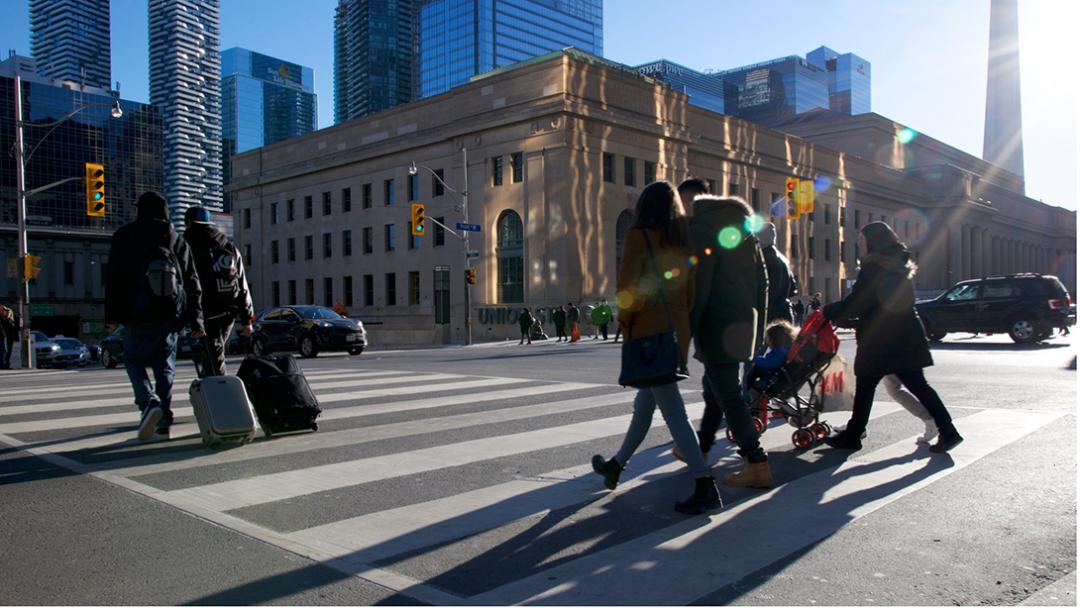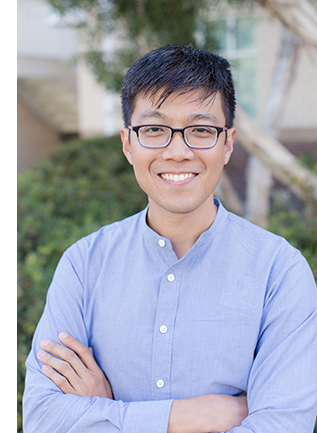
New research probes how biases affect behavior
Stereotypes have been stereotyped.

That’s what new research published by Oliver Sng, assistant professor of psychological science and colleagues from the University of Toronto and Hamilton College suggests.
“The Directed Nature of Social Stereotypes” shows that we hold beliefs not just about what certain groups of people are generally like, but about how men and women, younger and older individuals, and people of different races behave toward specific groups, the psychologists find.
“Usually, we think about stereotypes as being something like, ‘women are friendly’ or ‘men are competitive.’ But, what we are seeing is that people believe context matters a lot for how a stereotyped group will behave — specifically, people believe it will depend on who they are interacting with,” says Rebecca Neel, associate professor of psychology at the University of Toronto.
“We refer to this idea as ‘directed stereotypes,’ ” Sng explains.
Defining directed stereotypes
The researchers conducted four studies in the United States to examine directed stereotypes held about men and women, different age groups, and Asian, Black, Latino, and White Americans. They asked participants about how competitive, aggressive, cooperative, and communal they perceived each group to be toward other groups.
They uncovered nuanced patterns that further develop and even reverse what has traditionally been observed in stereotype research.
For example, past research finds that women are generally stereotyped as more caring than men. In terms of directed stereotypes, women are indeed stereotyped as consistently more caring than men towards men, the elderly, and especially children. Yet, men are stereotyped as more caring than women toward young women.
While men are indeed stereotyped as more competitive than women, they found that women across ages are stereotyped to be the more competitive sex toward other women.
Directed stereotypes about different racial and ethnic groups showed significant nuances, too. For instance, participants see Asian Americans as more cooperative than African Americans. But, these same participants held directed stereotypes of African Americans as more cooperative than Asian Americans, in terms of cooperativeness toward other African Americans.
A predictive tool
Why do we hold directed stereotypes? The researchers suggest that directed stereotypes may be more useful than general stereotypes when it comes to predicting others’ behaviors. So, if we want to know if another group will help us, it isn’t actually that useful to know whether they are generally friendly or not. What is more useful to know is whether they are friendly toward people like us — a directed stereotype.
Directed stereotypes were found to also predict how people feel about other groups just as well as general stereotypes can, and sometimes in surprising ways.
“For example, in our studies on race stereotypes, people who hold the stereotype that White Americans are generally friendly also like White Americans more. That’s not too surprising. However, when we ask about directed stereotypes, we found that people who stereotype White Americans as friendly toward other White individuals actually disliked White Americans,” Sng says.
Researchers theorize that when a group is perceived to be especially friendly toward its own members, outsiders might assume that its members favor those within that group to the detriment of all others. They suggest, on the other hand, that presenting a particular group as highly friendly and cooperative to other groups may counter negative attitudes about them.
Looking ahead
“We don't yet know what directed stereotypes look like across cultures,” Neel says. “We suspect that all societies could have some directed stereotypes, but we don't have the data to tell us whether that is true.”
Preliminary findings show a number of other cultures outside North America do hold directed stereotypes, but work continues to determine what they look like. They are also examining how directed stereotypes are formed, and how they influence our behavior.
Media Contacts:
Mimi Ko Cruz, UC Irvine, 949-824-1278
Michael Pereira, University of Toronto